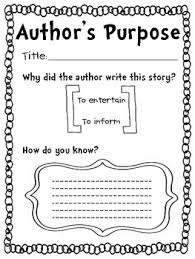The ACT English section can be intimidating. You have to know grammar rules that may seem obscure to you, and the ACT folks even expect you to know how to properly use commas. Not only do you have to know your grammar, but also you have to to know how to analyze ACT English passages, and you have to know how to organize them. You're tested on a wide range of skills and you don’t have much time to answer each question. If you’re wondering how to possibly go about studying for ACT English and improving your score, then this is the post for you.
In this article, I’ll give you my top 9 strategies to help you ace the ACT English section. These are meant to be study tips that will require time and diligence. The most important advice I can give you is to keep practicing. Focus your studying on areas that need improvement. However, that's advice that anyone can give. If you can successfully execute the following specific strategies, I guarantee your ACT English success:
























